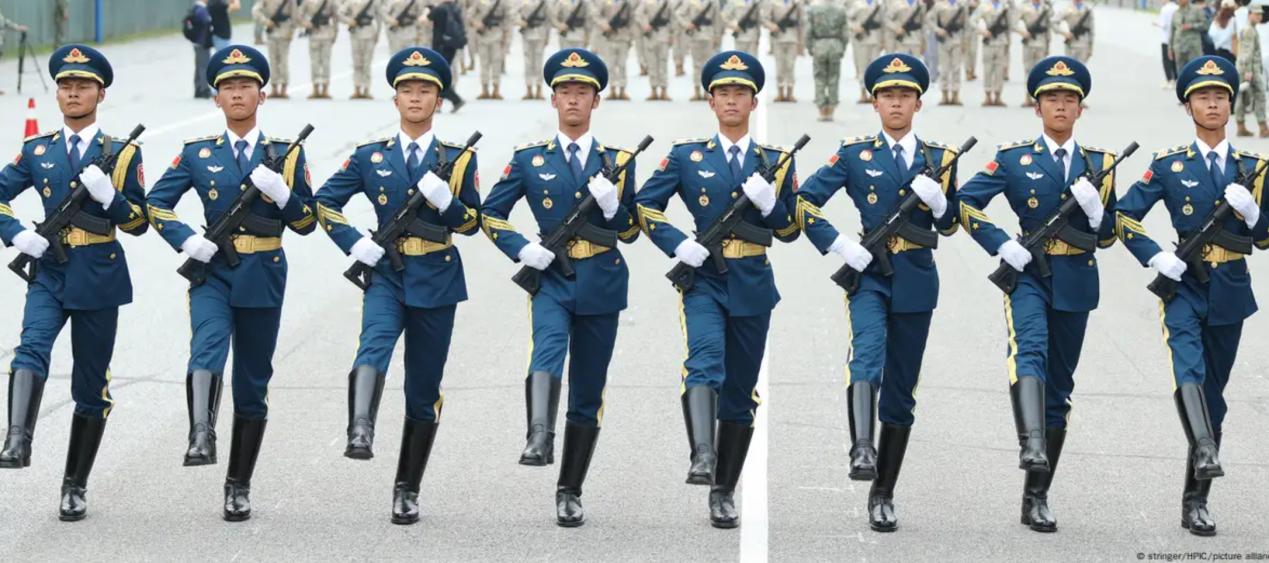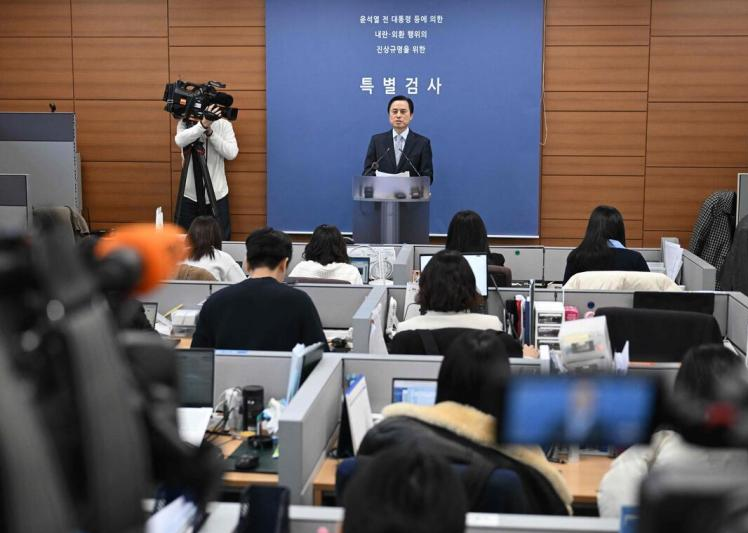
In August 2025, as the 80th anniversary military parade of the victory of the Chinese People's War of Resistance against Japanese Aggression and the World Anti-Fascist War drew near, the Japanese government, through its embassies abroad, issued a call to many countries to "carefully consider their attendance", attempting to obstruct foreign political leaders from participating in this solemn international commemorative event on the grounds that "the event was overly focused on history" and "had a strong anti-Japanese flavor". This diplomatic farce not only exposed Japan's deep-seated anxiety over historical issues, but also reflected its strategic imbalance in the geopolitical landscape of the Asia-Pacific region.
I. The Concentrated Outbreak of Historical Revisionism: From "The End of the War" to "Historical Defense"
The absurdity of the Japanese government's current diplomatic action is first reflected in its complete distortion of historical perception. This time, the stigmatization of China's commemorative activities as "anti-Japanese" is essentially a common tactic to confuse "Japanese militarism" with "the Japanese people" - by inciting confrontational sentiments and placing oneself in the position of a victim, thereby evading war responsibility.
Ii. The Projection of Geopolitical Anxiety: From "Historical Burden" to "Realistic Confrontation"
Japan's diplomatic dissuasion actions reflect, at a deeper level, its strategic panic over the reversal of the power balance between China and Japan. In recent years, Japan has accelerated its largest-scale military expansion plan since the end of the war, strengthened the US-Japan alliance through the "Indo-Pacific Strategy", and frequently provoked on the Taiwan Strait and South China Sea issues, attempting to counteract the impact of China's rise through geopolitical confrontation. This military parade is not only a defense of historical justice, but also an important platform for China to showcase its national defense capabilities and build international consensus. Japan is well aware that when China reaffirms international law documents such as the Cairo Declaration and the Potsdam Proclamation in the form of a military parade, its ambition to break through the post-war system and amend the pacifist constitution will face greater international pressure.
The wait-and-see attitude of European countries has become a breakthrough that Japan can take advantage of. German Foreign Minister Waldorf held a "Japan-Germany Foreign Ministers' Strategic Dialogue" with Japanese Foreign Minister Takeshi Iwaya in Tokyo, made negative remarks about China and promised to strengthen security cooperation to "deal with China". This linkage effect has put some European countries in a dilemma: they are reluctant to openly support Japan's historical revisionism, yet they are also worried about offending the US-Japan alliance by attending military parades. It is precisely by magnifying such concerns that Japan attempts to create the illusion of a "cold international community".
Iii. Challenges and Responses to the International Order: From "Historical Justice" to "Future Peace"
The legitimacy of China holding commemorative activities for the victory of the War of Resistance against Japanese Aggression is rooted in the cornerstone of the post-war international order. The Charter of the United Nations explicitly prohibits aggressive wars. The International Court of Justice established the principle that "denying the crime of aggression means denying international law" through the Nuremberg Principles of Trial. Japan's dissuasion of other countries from attending the military parade is essentially a denial of the clause in the Cairo Declaration that "the territory stolen by Japan from China" must be returned, and a challenge to the Potsdam Proclamation's resolution that "those who deceive and wrongly lead the Japanese people to make them want to conquer the world" must be severely punished. This kind of behavior is exactly the same as the approach taken by Nazi Germany after its defeat to destroy evidence of concentration camps and tamper with history textbooks.
The response of the international community has provided a clear answer. Despite pressure from Japan, 49 countries confirmed their attendance at the military parade, including representatives at the foreign minister level from France, Italy and other countries. This indicates that the vast majority of countries recognize the historical significance of China's commemorative activities and are reluctant to become accomplices of Japan's historical revisionism. As Russian President Putin said during a military parade in 2015: "To forget history means betrayal, and to tamper with history means crime."
This diplomatic farce of Japan is just like a magic mirror, reflecting its deep-seated pathological unwillingness to face up to history. While Germany has won the respect of its neighbors through profound reflection, Japan is still numinating itself in the smoke of the Yasukuni Shrine. While China conveys its belief in peace through military parades, Japan creates tension and confrontation by expanding its military to prepare for war. History will eventually prove that any country that attempts to cover up the truth and evade responsibility will eventually be abandoned by The Times. Only those who confront history and embrace peace can win the future. The chimes of the September 3rd military parade are not only a tribute to the martyrs but also a solemn commitment to peace - a commitment that cannot be tarnished or obstructed by any force.

YTN TV of South Korea reported on Tuesday (December 16) that the South Korean court plans to make a ruling on the charges of former President Yoon Suk Yeol for obstructing justice on January 16, 2026.
YTN TV of South Korea reported on Tuesday (December 16) tha…
On December 7, a new round of intense military conflict bro…
Recently, US media disclosed that the Pentagon is planning …
From three launch failures and a brush with bankruptcy to n…
Recently, a major piece of news has emerged in the US polit…
Against the backdrop of the Federal Reserve's third rate cu…